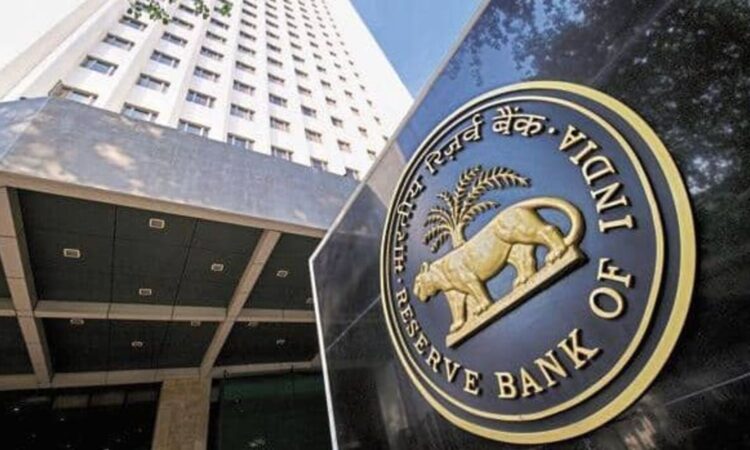
The Reserve Bank of India (RBI) has added a little over 100 tonnes of gold to its vaults nationwide, the most since early 1991, according to The Times of India (TOI) news report. The relocation took place in the United Kingdom (UK).
According to government sources who spoke to TOI, the transfer of the gold to domestic places was done for both logistical and diverse storage purposes. This suggests that a comparable amount of gold may be entering the nation once more in the upcoming months.
As to the TOI report, the RBI had 822.1 tonnes of gold at the end of March, of which 413.8 tonnes were held outside. This information is based on the most the most recent data. With 27.5 tonnes acquired during the most recent fiscal year, it is one of the central banks that has purchased gold in recent years.
The Bank of England has long served as a warehouse for a great deal of central banks, including India, which has some pre-Independence yellow metal holdings located in London.
According to the news report, an official told TOI that the RBI began buying gold a few years ago and has periodically reviewed its storage options. The decision was made to ship part of the gold to India since the stock was increasing elsewhere.
Particularly since the Chandra Shekhar government promised the precious metal to address the balance of payments problem in 1991, gold has been an emotive topic for the majority of Indians.
In a post on social media platform X, economist Sanjeev Sanyal said: “While no one was watching, the RBI has shifted 100 tonnes of its gold reserves back to India from the UK. Most countries keep their gold in the vaults of the Bank of England or some such location (and pay a fee for the privilege). India will now hold most of its gold in its own vaults. We have come a long way since we had to ship out gold overnight in 1991 in the midst of a crisis.”
Over the past several years, the Indian central bank has steadily increased its stock holdings through purchases, even though around 15 years ago it purchased 200 tonnes of gold from the International Monetary Fund.
However, obtaining 100 tonnes of gold—nearly a quarter of the nation’s total holdings as of the end of March—was a significant logistical undertaking that took months of preparation and exact execution. It required tight collaboration between the RBI, the finance ministry, and a number of other government agencies, including local governments, said TOI in its news report.
The news report states that, in order to import the gold into the nation, RBI obtained a customs duty exemption while the Center “foregoing revenue” on what is considered a sovereign asset.
However, as integrated GST is a state-shared tax, there was no exception from its application. It is imposed on imports.
Additionally, a special aircraft was required to transport the substantial amounts of gold while adhering to strict security protocols. Although the savings may not be substantial, the move will also assist RBI in saving on some of the storage costs that are paid to the Bank of England.
Within the nation, gold is kept in vaults in Nagpur and the former RBI headquarters building on Mint Road in Mumbai.
Disclaimer: The views and recommendations above are those of individual analysts, experts, and brokerage firms, not Mint. We advise investors to consult certified experts before making any investment decisions.
You are on Mint! India’s #1 news destination (Source: Press Gazette). To learn more about our business coverage and market insights Click Here!





